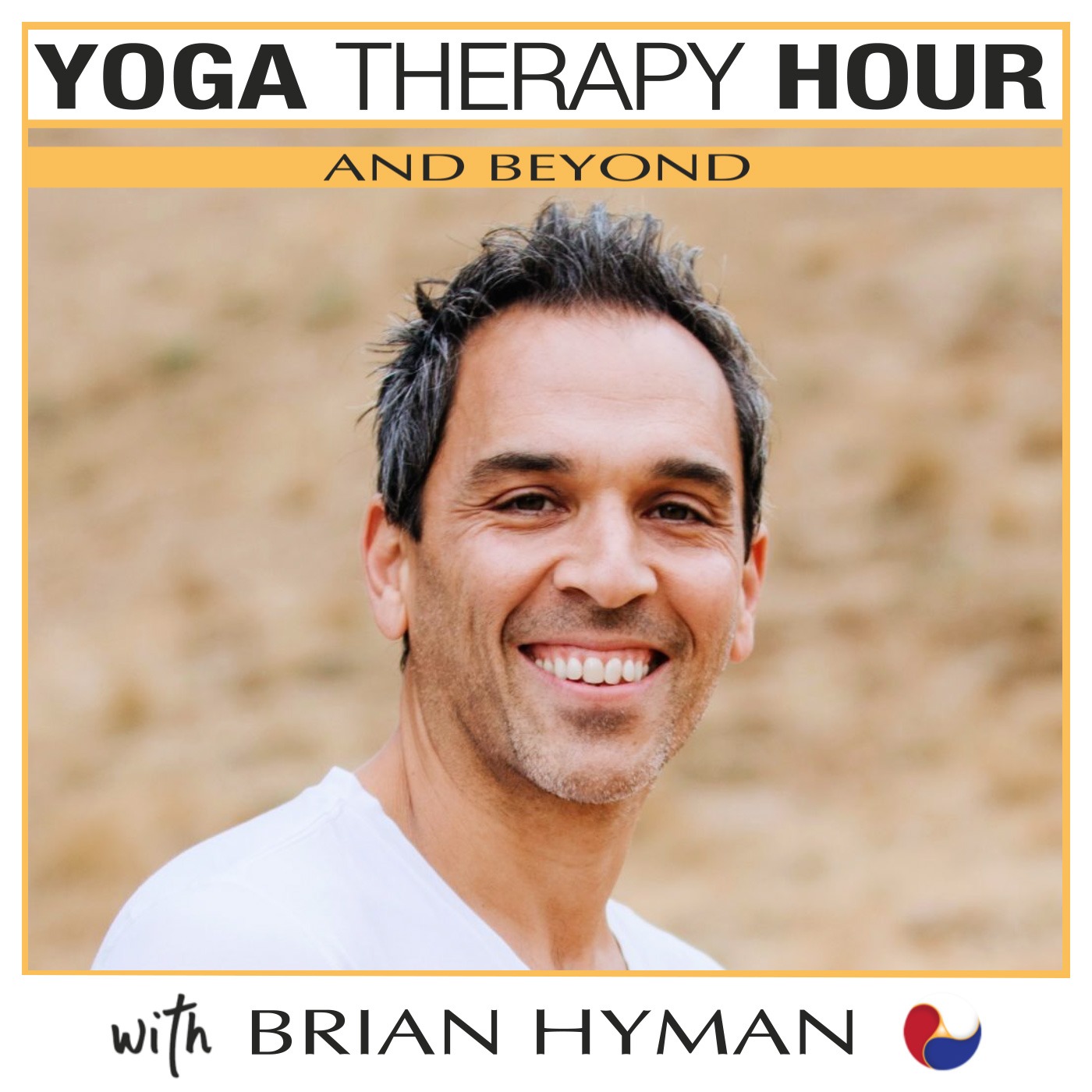Trauma-Informed & Trauma-Responsive Yoga for Yoga Teachers with Catherine Cook Cottone, Ph.d and C-IAYT
Description
In this episode of The Yoga Therapy Hour, we welcome Catherine Cook Cottone, a School & Licensed Psychologist, Certified Yoga Therapist & Yoga Researcher. Catherine brings her extensive expertise in trauma-informed and responsive interventions to discuss how yoga practitioners can cultivate and strengthen their inner resources through a trauma-informed approach. We explore strategies for developing self-regulation, implementing de-escalation protocols, and adapting teaching methods for students with varying levels of trauma exposure. Catherine also shares insights on measuring the impact of trauma-informed practices, understanding neuroception, and applying polyvagal theory in yoga teaching. Additionally, Catherine introduces her new book, "Trauma-Informed and Trauma-Responsive Yoga Teaching: A Universal Practice," co-authored with Joanne Spence.
Main Points:
- Self-Regulation Scale
- Explanation of the self-regulation scale and its significance in yoga practice and teaching.
- Key indicators on the scale for gauging students' state.
- De-escalation Protocol
- Essential components of a de-escalation protocol for yoga teachers.
- Case study illustrating the application of de-escalation protocols.
- Teaching Adaptations
- Adaptations and modifications for students with trauma exposure or PTSD symptoms.
- Ensuring inclusivity and sensitivity without singling out individuals.
- Neuroception
- Understanding neuroception to enhance trauma-informed yoga teaching.
- Practical ways to support students' neuroception processes.
- Orienting for Safety
- Importance of orienting practices for setting a safe yoga environment.
- Examples of effective orienting practices.
- Polyvagal Theory
- Contribution of polyvagal theory to understanding trauma and its impact on the nervous system.
- Practical applications in designing trauma-informed yoga sequences.
- Connection and Protection
- Helping students sensitized towards protection over connection due to past trauma.
- Fostering a sense of safety to encourage healthy connection without triggering protective responses.
Find Catherine at www.CatherineCookCottone.com & her co-author at www.JoanneSpence.com
Additional Resources with Amy Wheeler:
- University of Minnesota Therapeutic Yoga Series
- Polyvagal Institute Mighty App
- 7-Week Course on Yoga, Yoga Therapy & Polyvagal Theory
- Optimal State Mobile App
- Optimal State and Yoga Therapy Hour Patreon
· Monday Night Yoga Therapy Clinic on www.TheOpimtalState.com
· Join us for our Monday night Yoga Therapy Clinics, specially designed to address specific health and wellness topics. The sessions are held every Monday from 4:00-5:15 PM PST and are led by Amy Wheeler, a seasoned expert in yoga therapy. This clinic provides a supportive environment where participants can explore therapeutic yoga techniques to aid in addiction recovery and overall well-being.
· For those seeking professional development, there is an option to stay longer after class and earn Continuing Education (CE) credits. This extended session offers in-depth training and valuable insights into integrating yoga therapy with addiction treatment.























